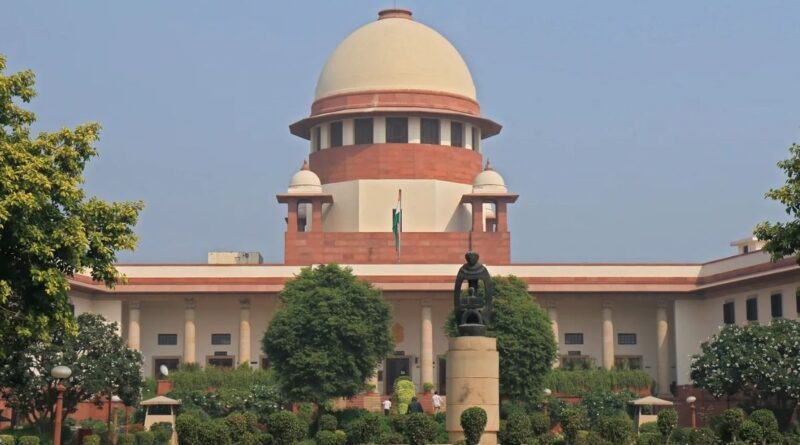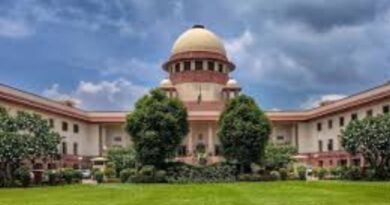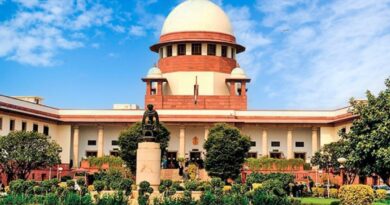School Certificates and Headmaster’s Testimony Not ‘Public Documents’: Supreme Court Rules Murder Accused Not a Juvenile
The Supreme Court of India has ruled that school certificates and the testimony of a Headmaster from a private, government-recognised school do not qualify as ‘public documents’ or ‘public records’ under the law. Consequently, the Court set aside the earlier orders which had held a murder accused as a juvenile at the time of the offence.
A Division Bench comprising Justice Pankaj Mithal and Justice Ahsanuddin Amanullah was hearing a criminal appeal challenging the Allahabad High Court’s decision upholding the Additional Sessions Judge’s order that declared the accused as a juvenile under the Juvenile Justice (Care and Protection of Children) Act, 2000.
Background of the Case
The incident dates back to 2011, when the complainant alleged that while he and his family were away in their fields, his paternal uncle and cousin (the accused) forcibly entered their house and physically assaulted his wife. Upon hearing of the incident, his brother approached the accused, only to be dragged inside their house where the cousin allegedly shot him with a country-made pistol, resulting in his death.
An FIR was lodged under Sections 452 and 302 of the Indian Penal Code, and the case proceeded to trial. The accused claimed juvenility, stating his date of birth was 18 April 1995, making him 16 years and 4 months old at the time of the incident. The Trial Court accepted this claim based on school records and declared him a juvenile, which the High Court later upheld. Dissatisfied, the complainant approached the Supreme Court.
Supreme Court’s Observations
The apex court found fault with the approach of the lower courts. It noted that while the Juvenile Justice Act and its rules provide the framework for determining age, courts are also empowered to examine additional reliable material to ensure justice is served.
The Bench remarked:
“The Headmaster/Principal of the concerned school cannot be treated as a ‘public servant’ under the Indian Evidence Act, and the school—being only government-recognised—is not a government institution. Hence, neither the testimony nor the school records qualify as public documents.”
The Court also pointed out that the date of birth entry in the school register was made on the oral statement of the accused’s father, further weakening its evidentiary value.
Other Reliable Evidence Considered
Instead of relying solely on the school certificate, the Court referred to:
- Form (A) under Rule 2 of the U.P. Panchayat Raj Rules, which recorded the year of birth as 1991.
- Voter list entry from 2012, supporting the year 1991.
- Medical opinion from the Chief Medical Officer, Muzaffarnagar, estimating the accused’s age as approximately 22 years in 2012.
Given these credible sources, the Court concluded that the accused was not a juvenile at the time of the offence.
Court’s Final Decision
The Supreme Court ruled:
“The conclusion reached by the Trial Court and affirmed by the High Court regarding the accused’s juvenility is legally unsustainable. The impugned orders are hereby quashed.”
The Bench allowed the appeal, setting aside the orders of the Trial Court dated 19 May 2015 and the High Court. It directed the Trial Court to conclude the trial expeditiously, preferably by July 2026.
Case Title: Suresh v. State of Uttar Pradesh & Anr.
Neutral Citation: 2025 INSC 918





